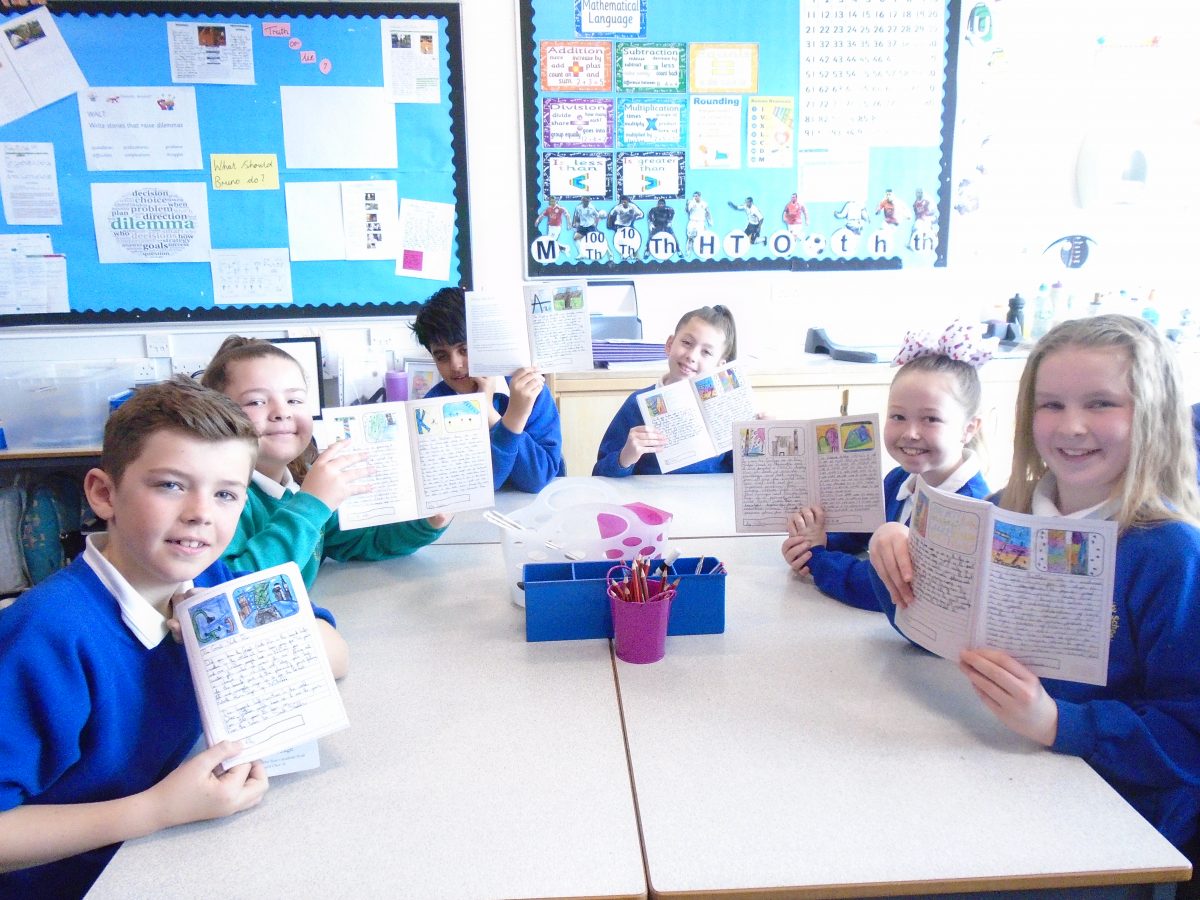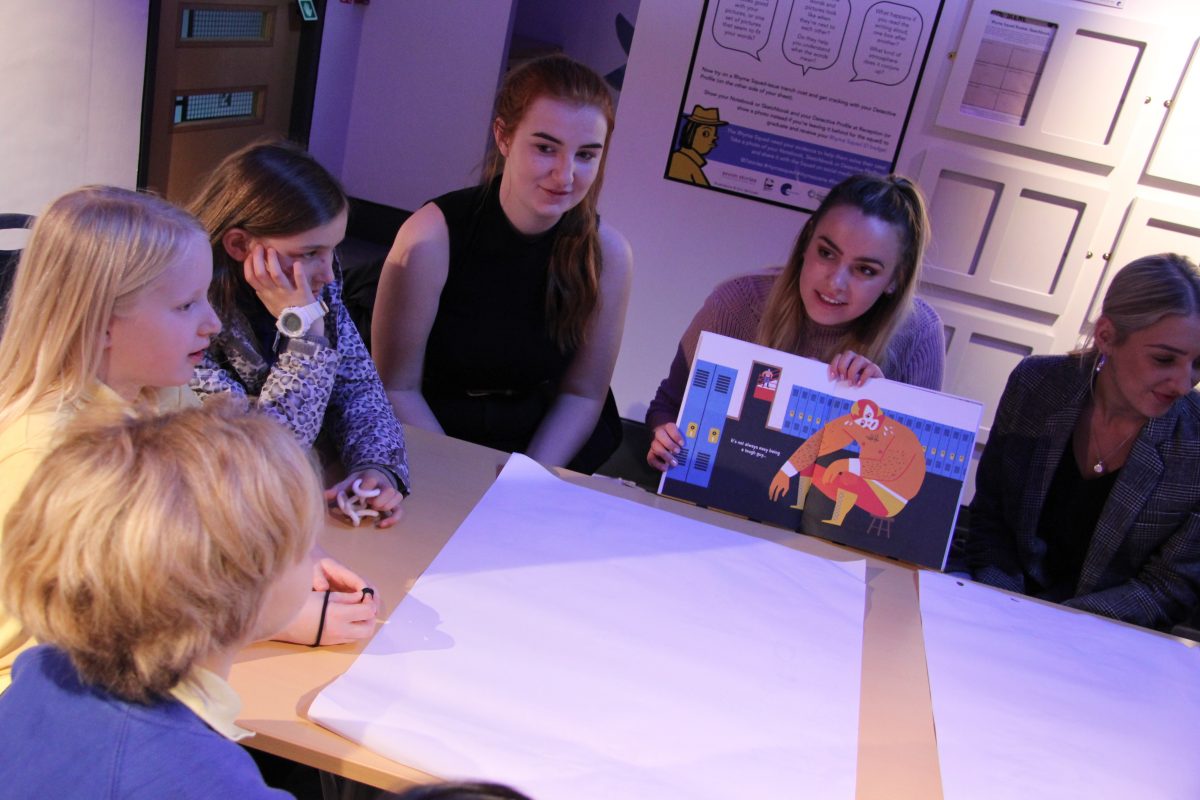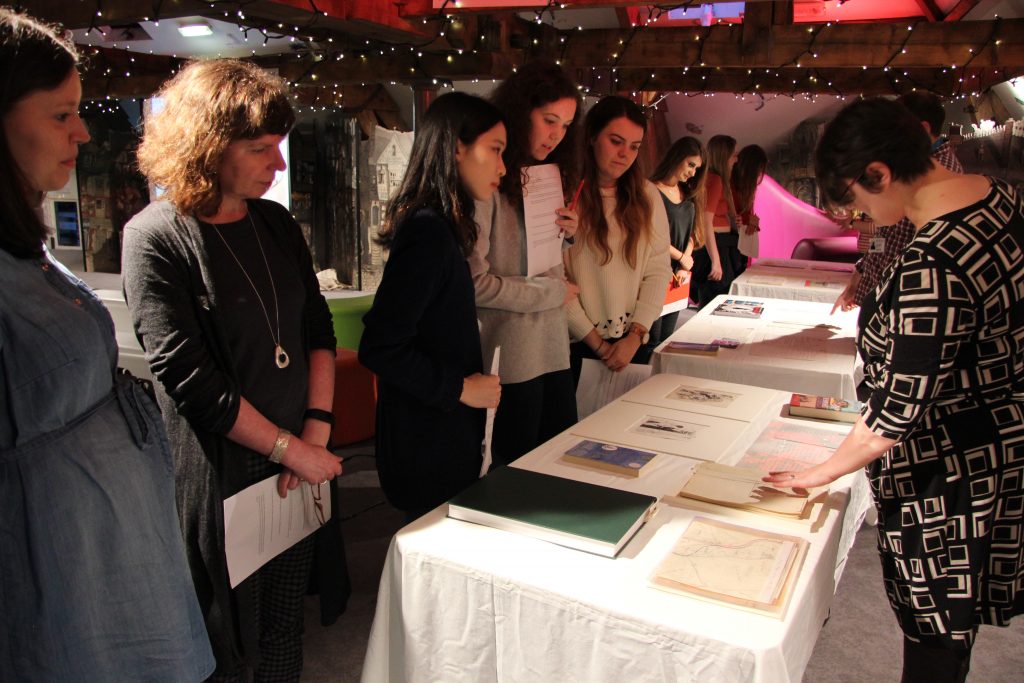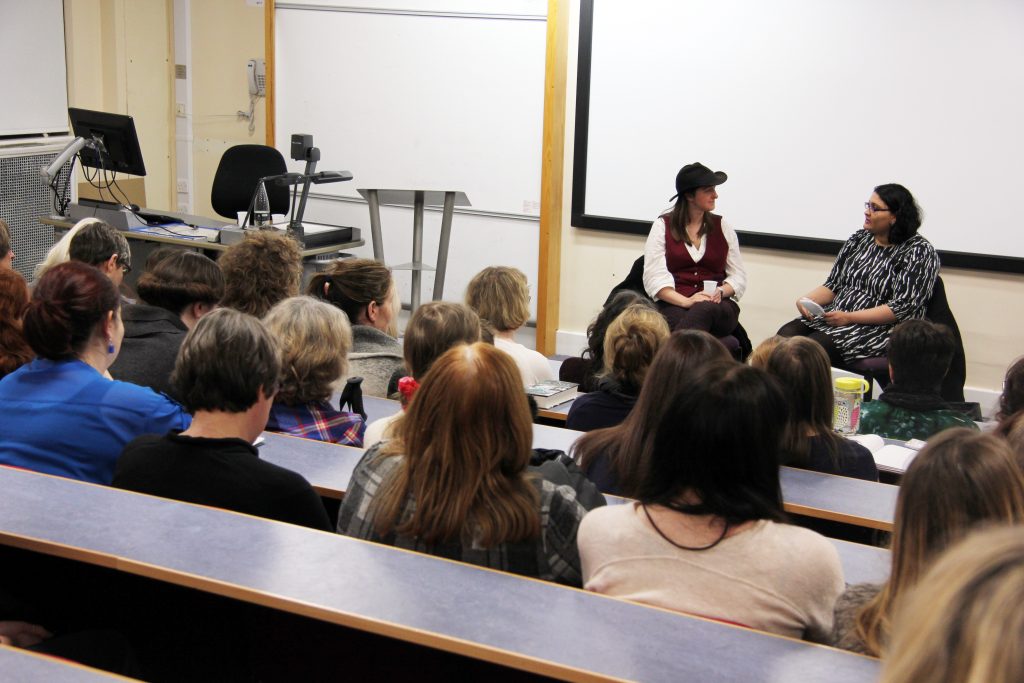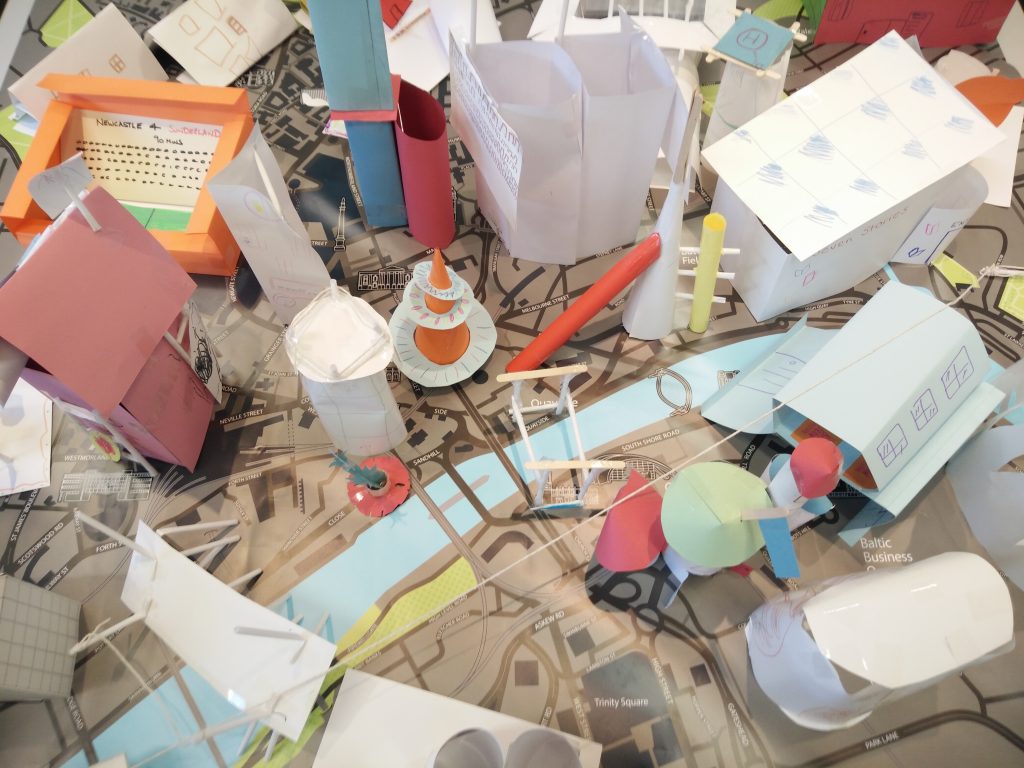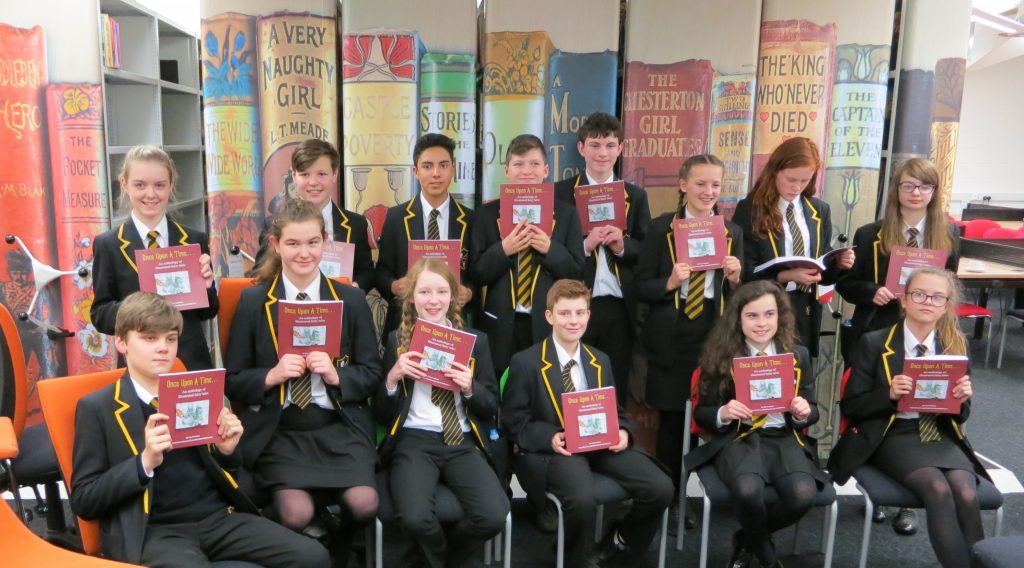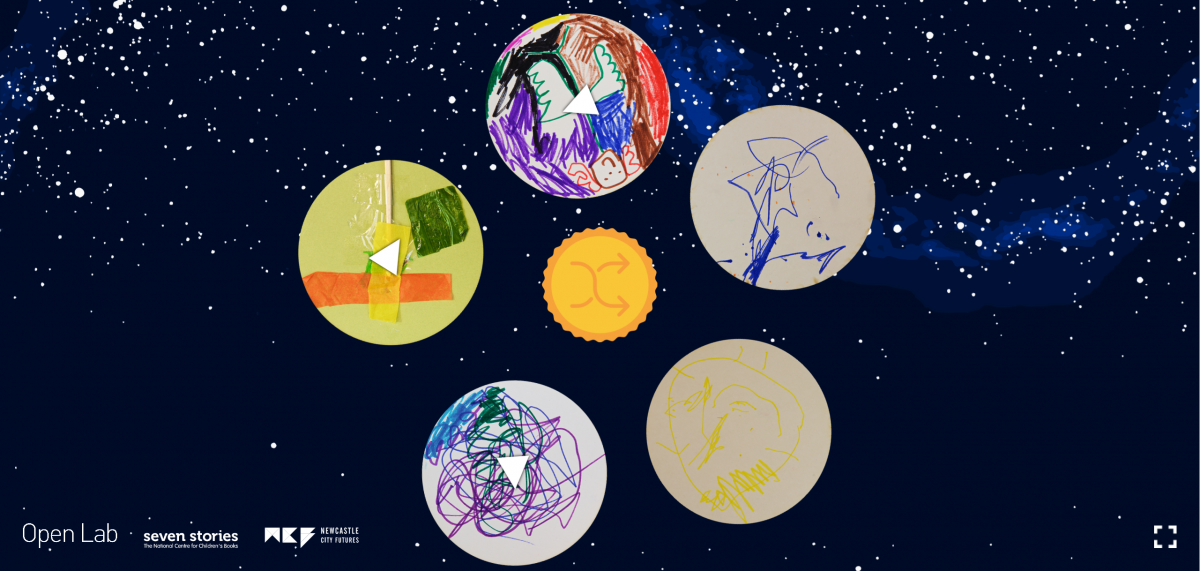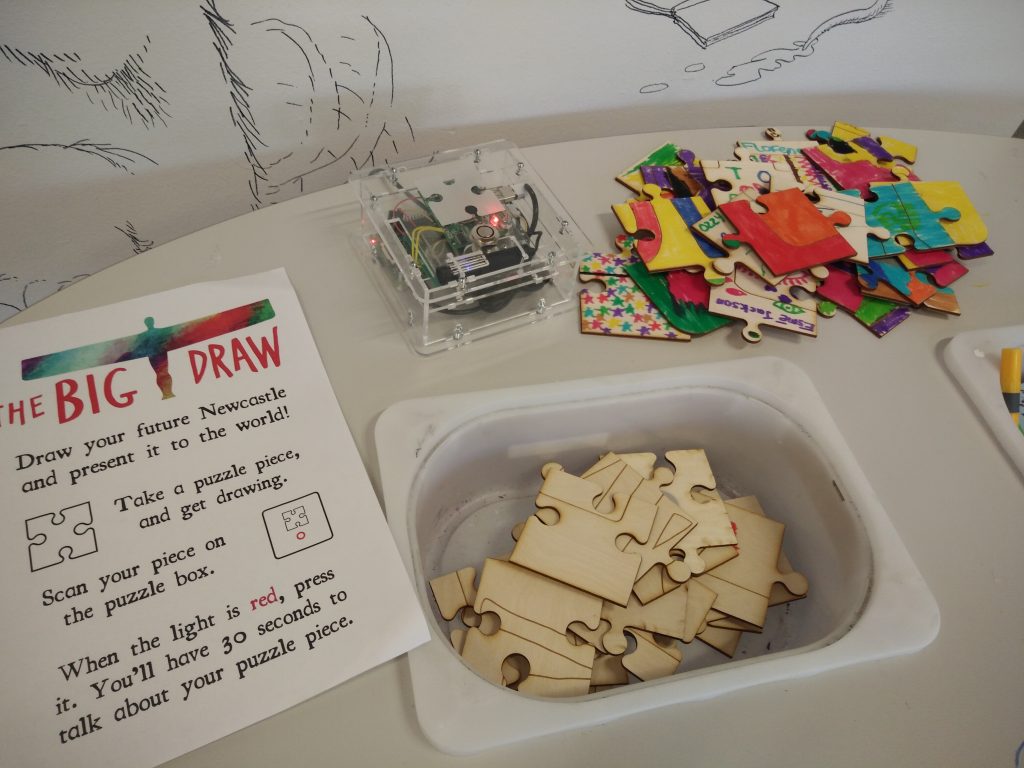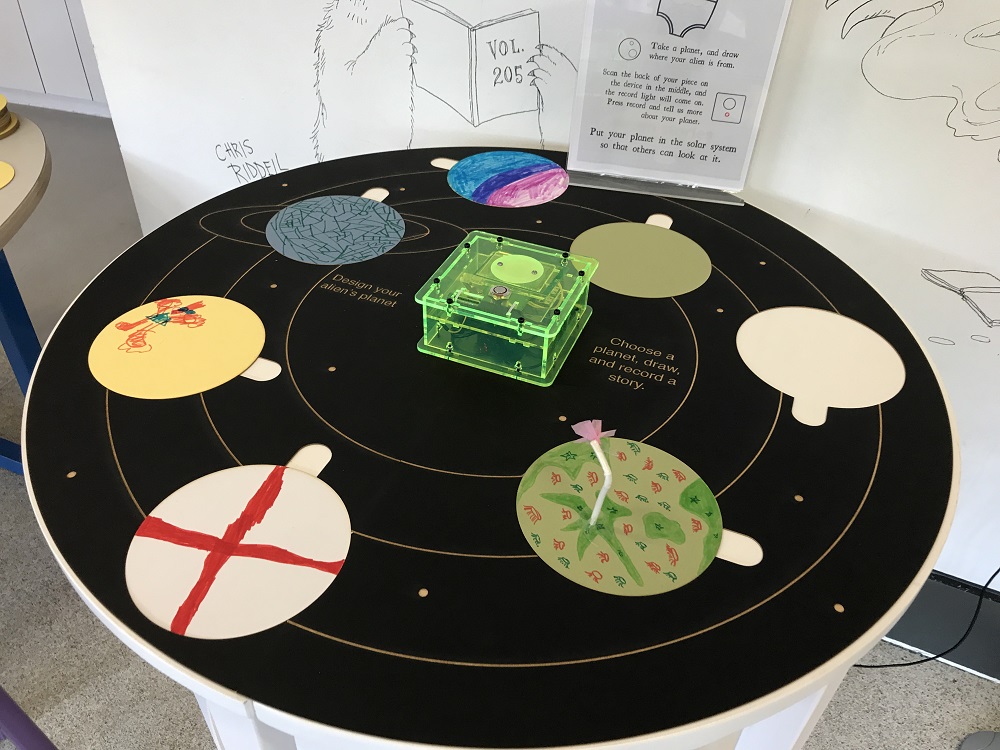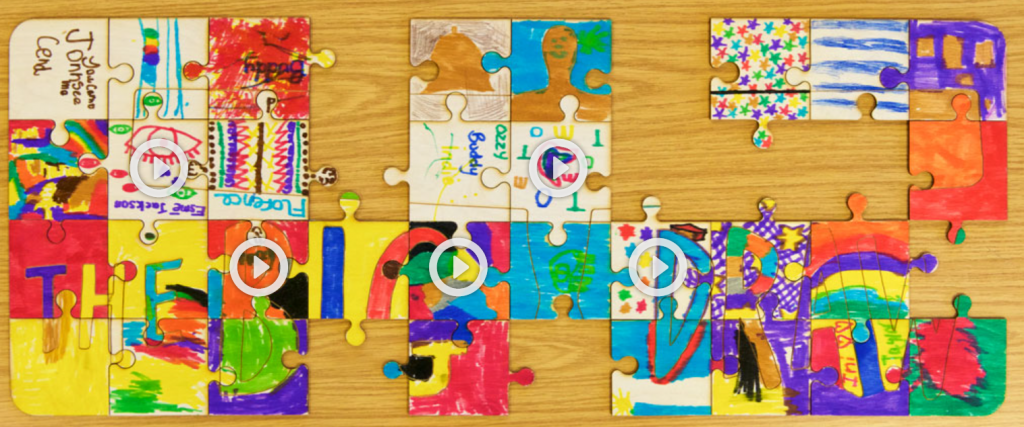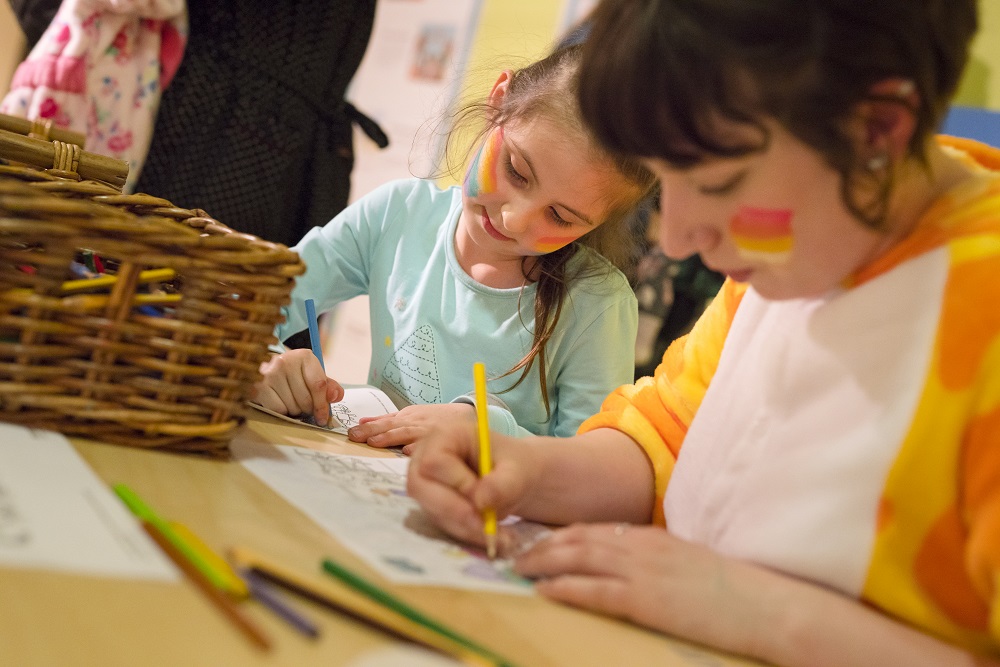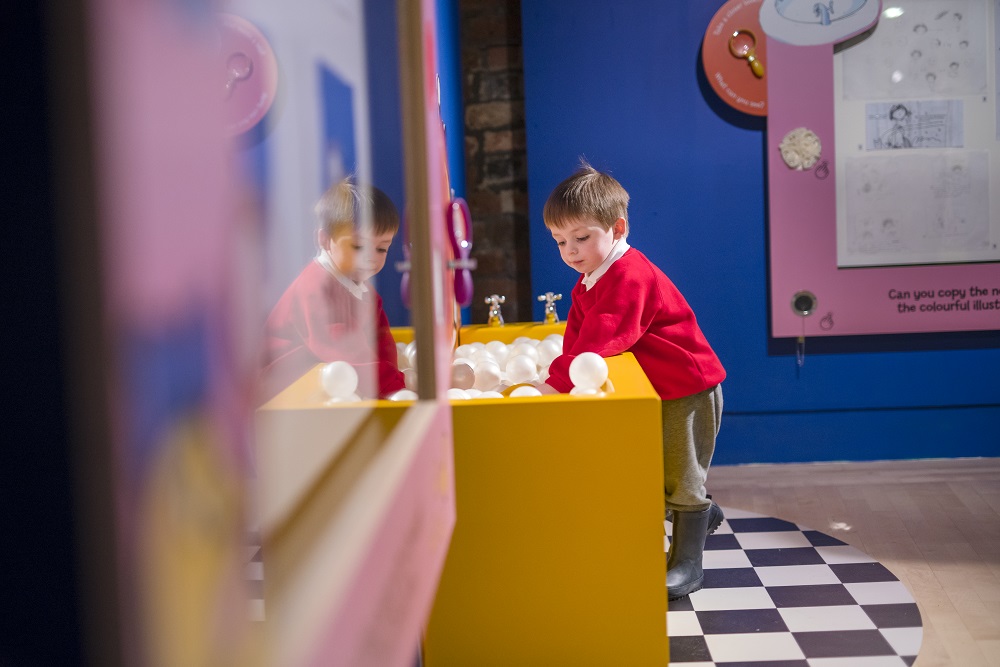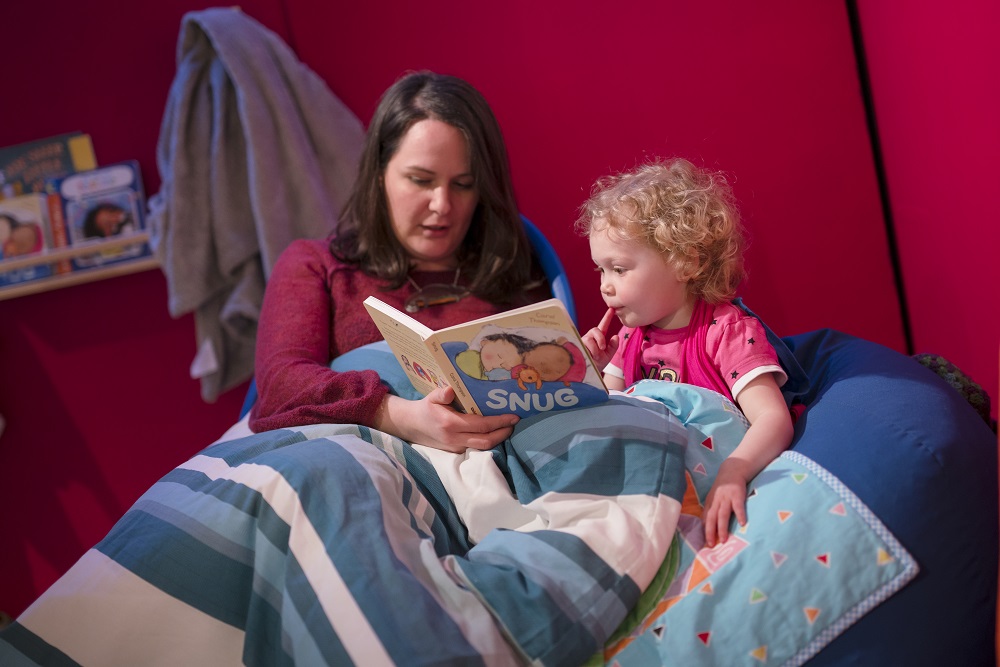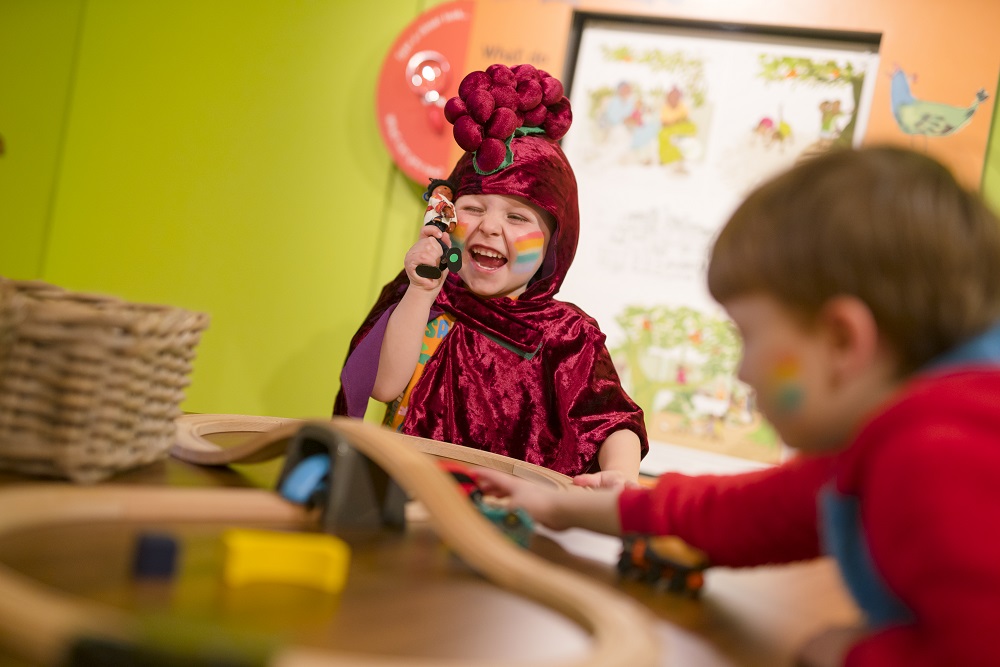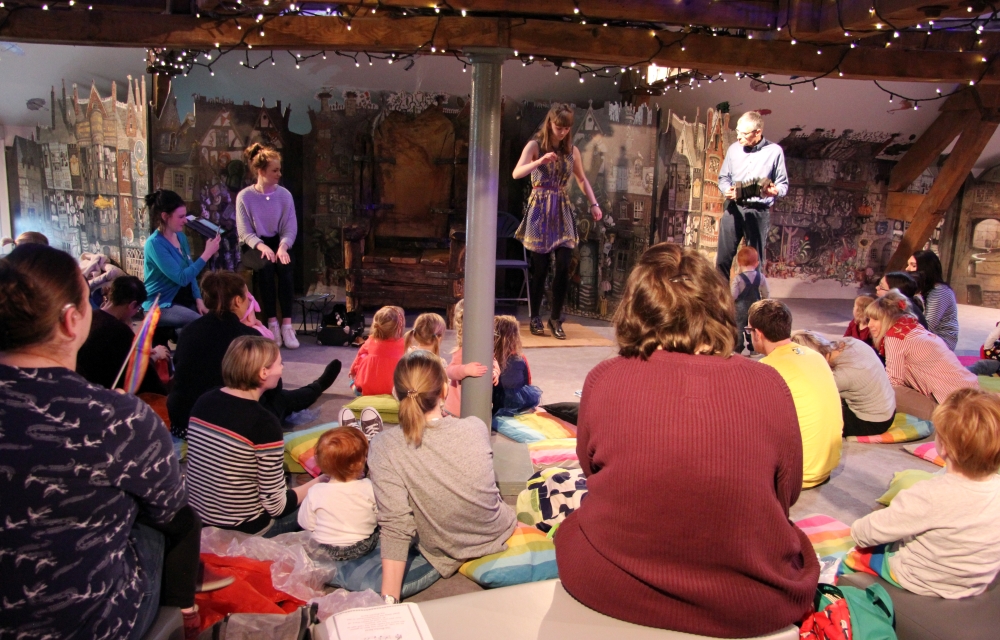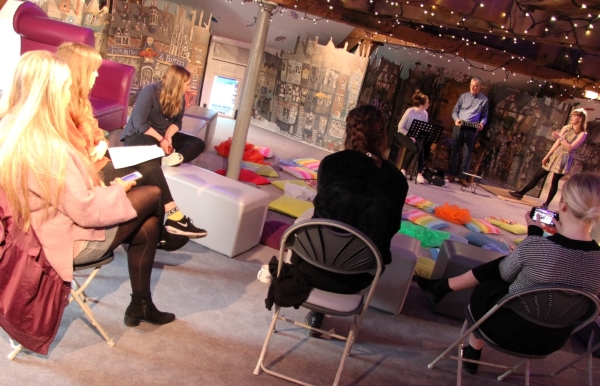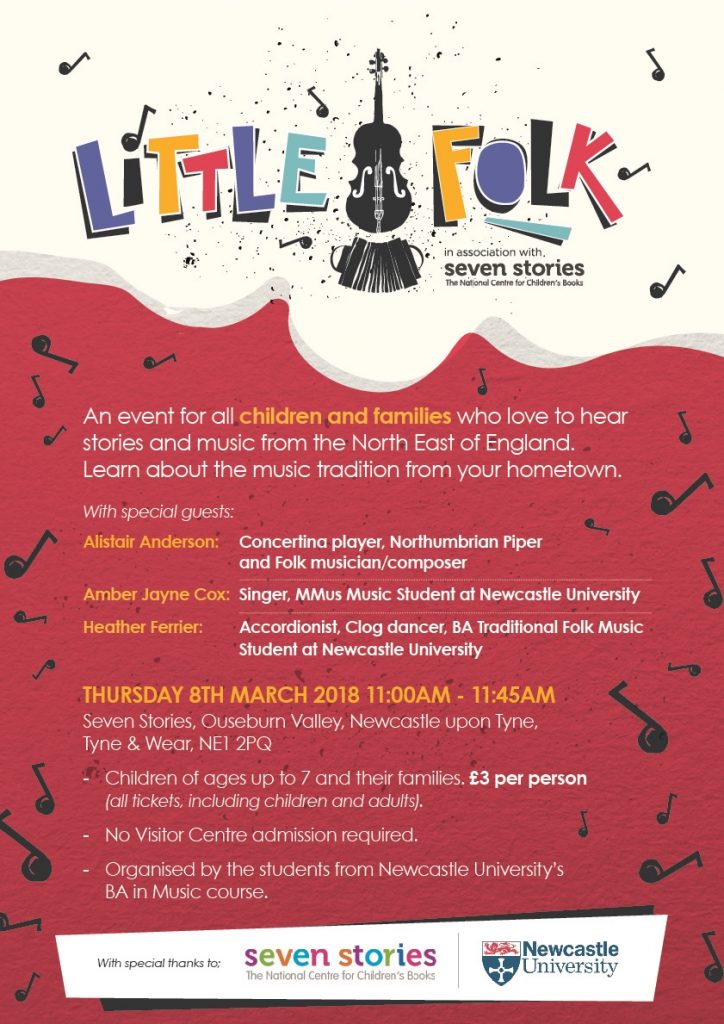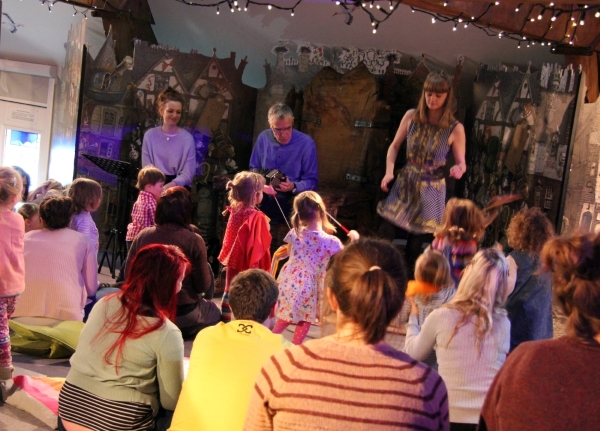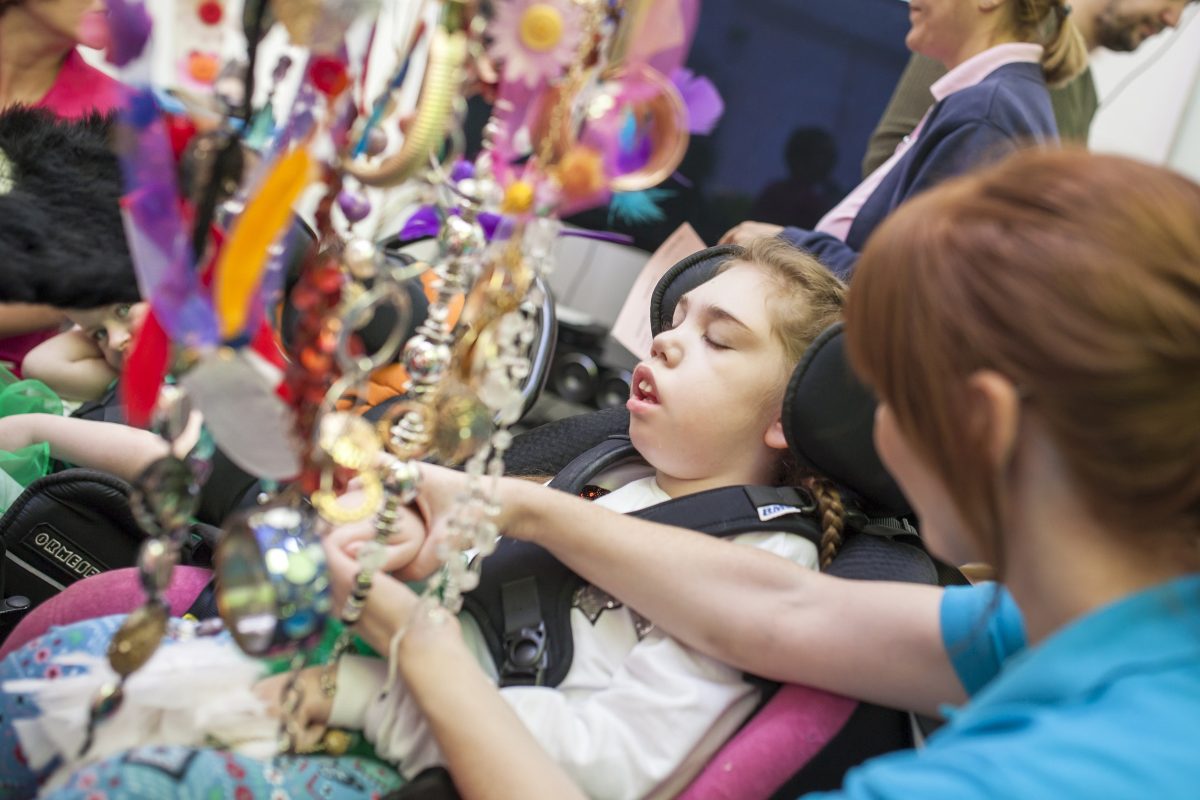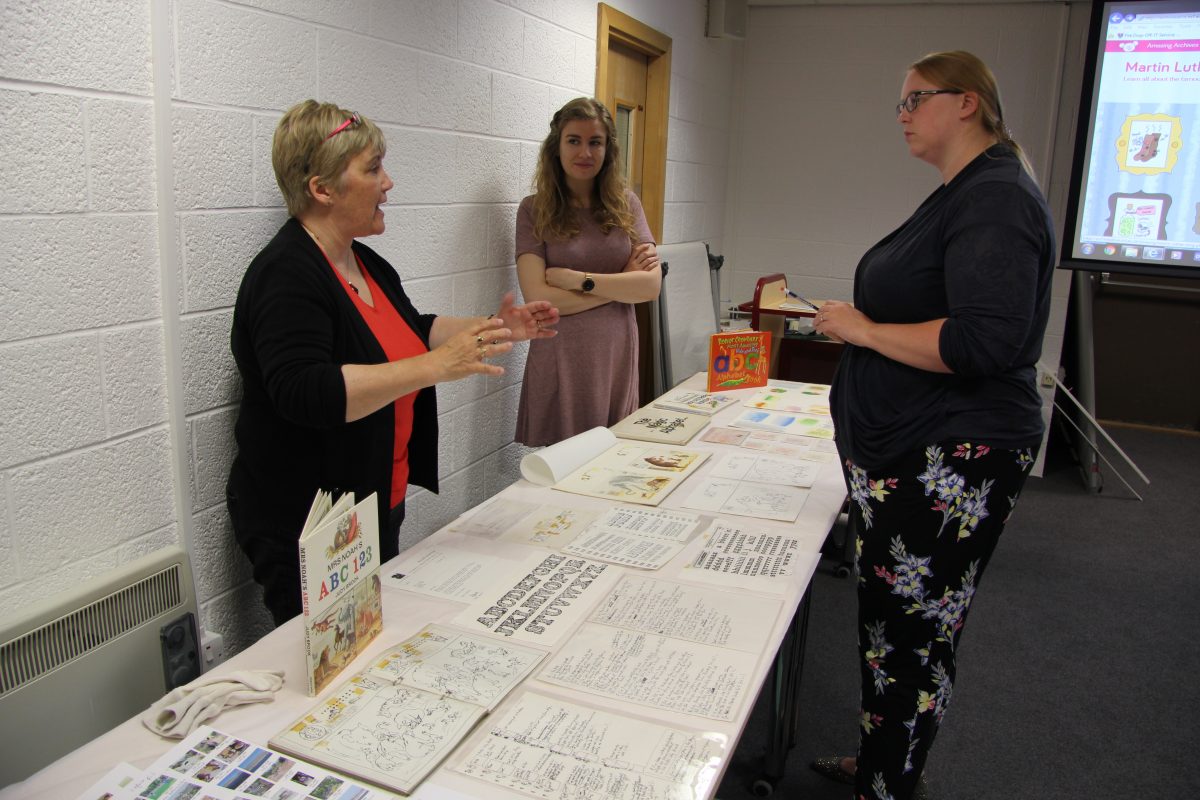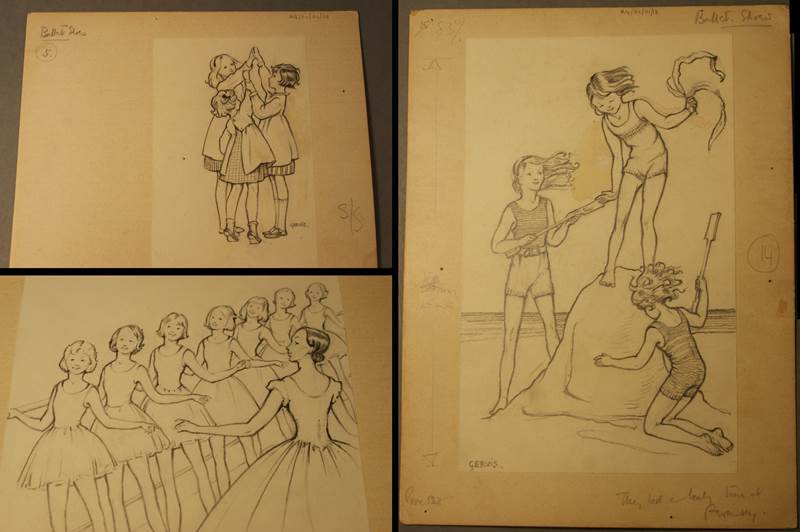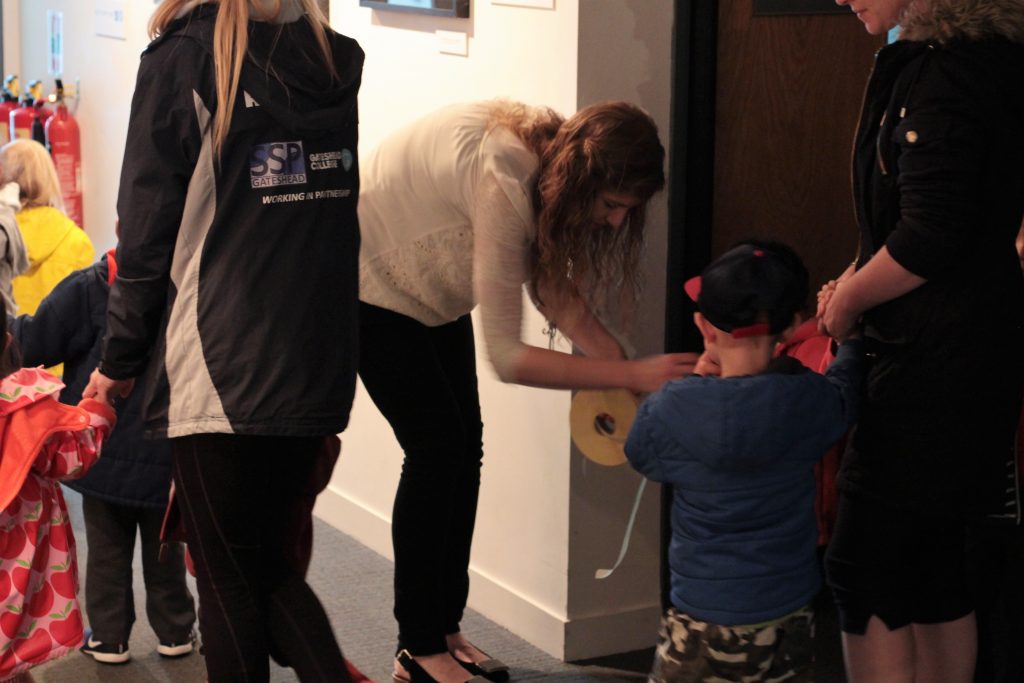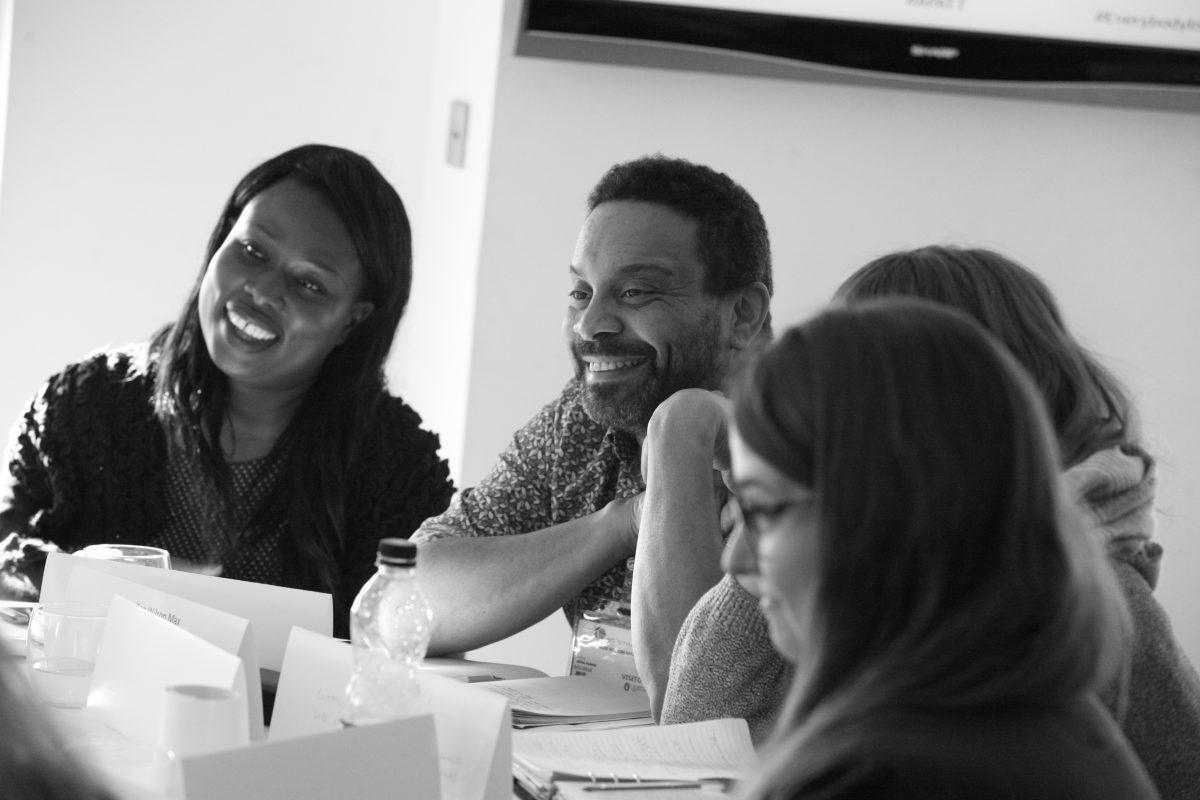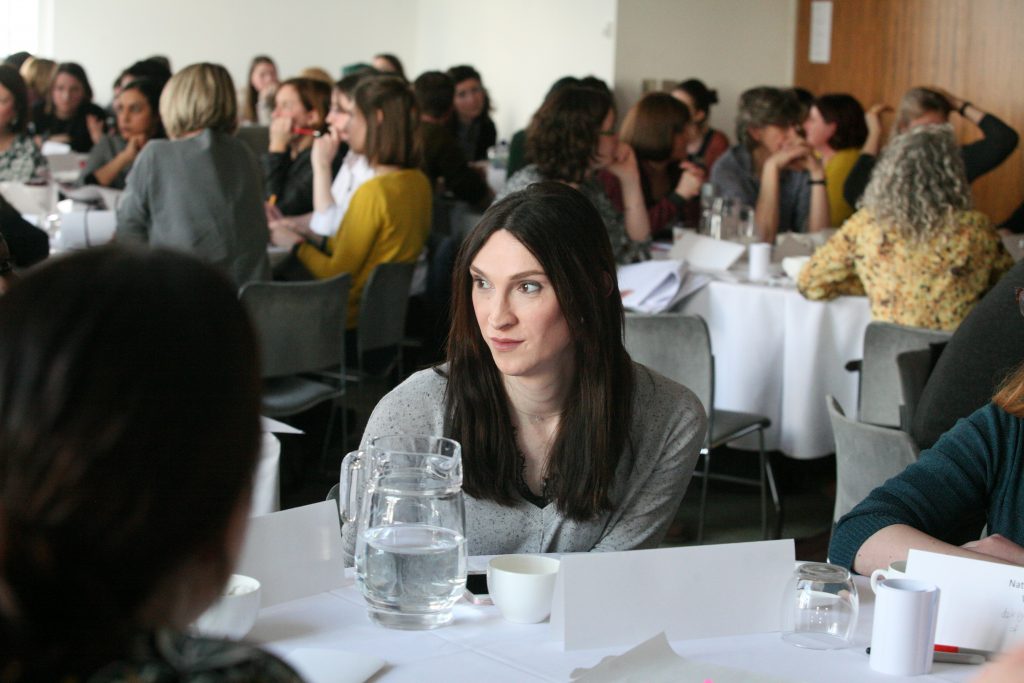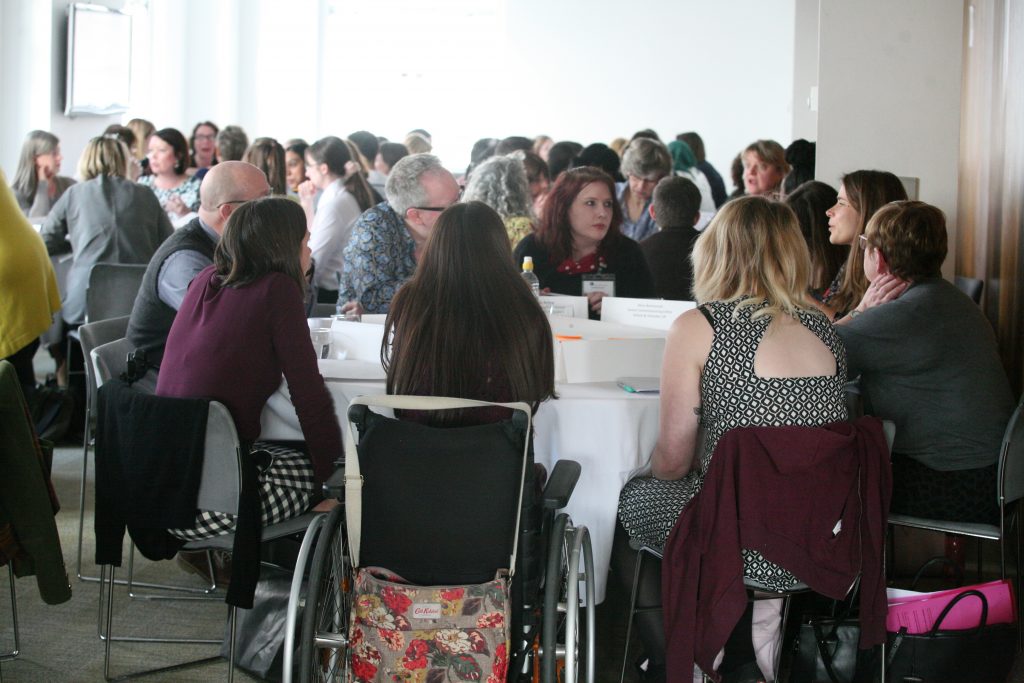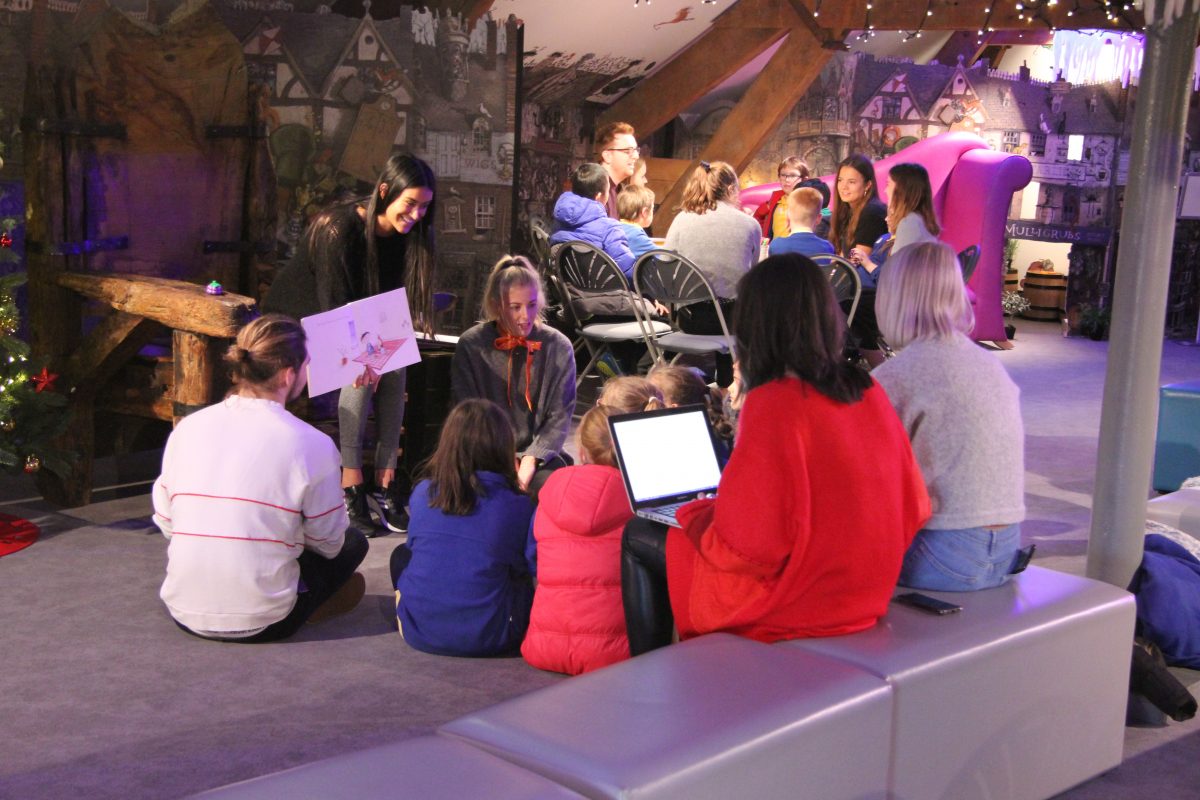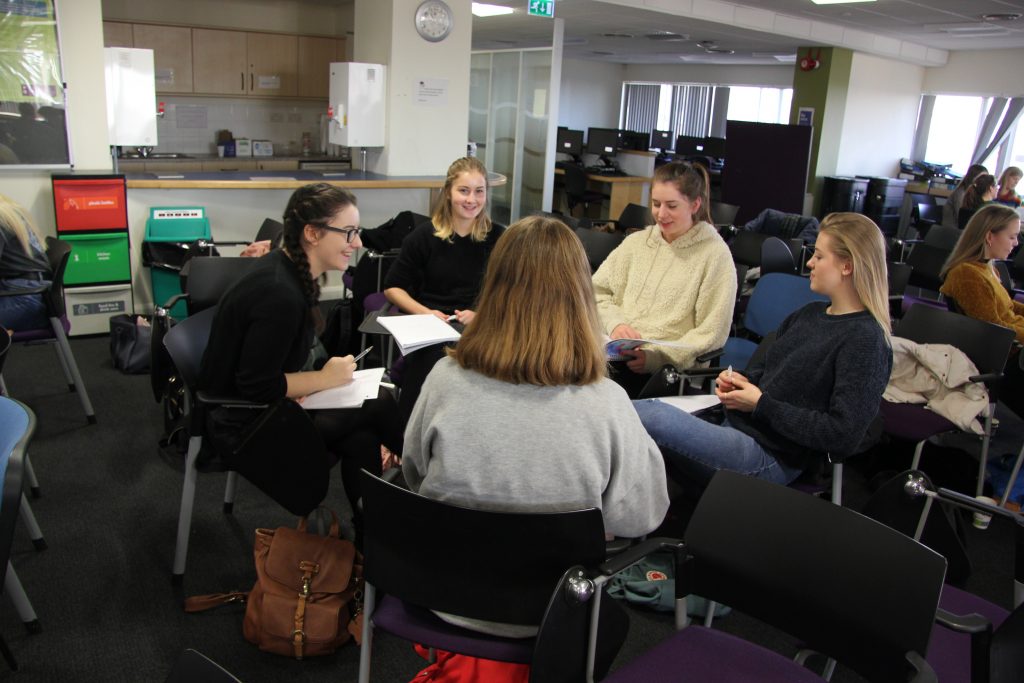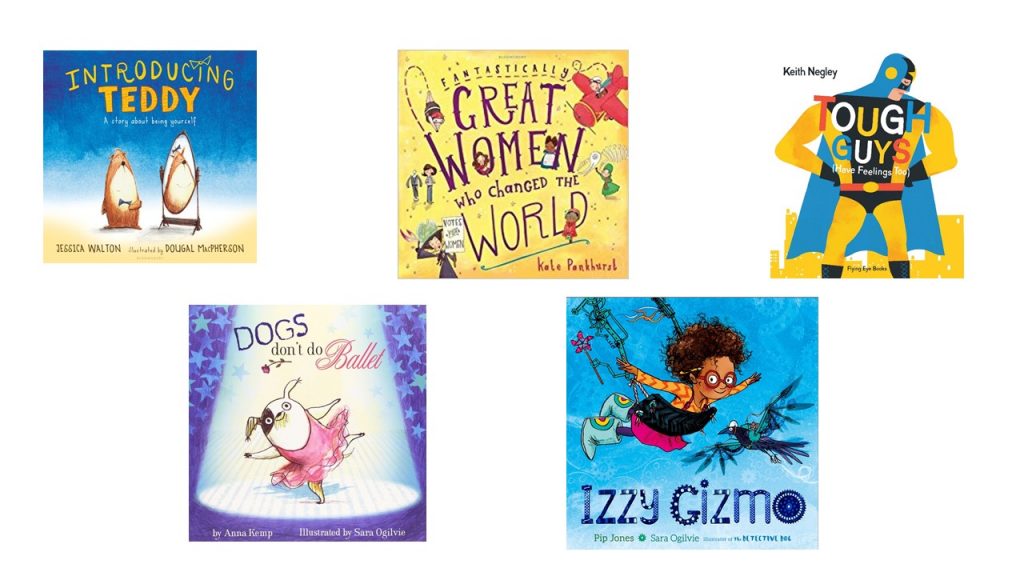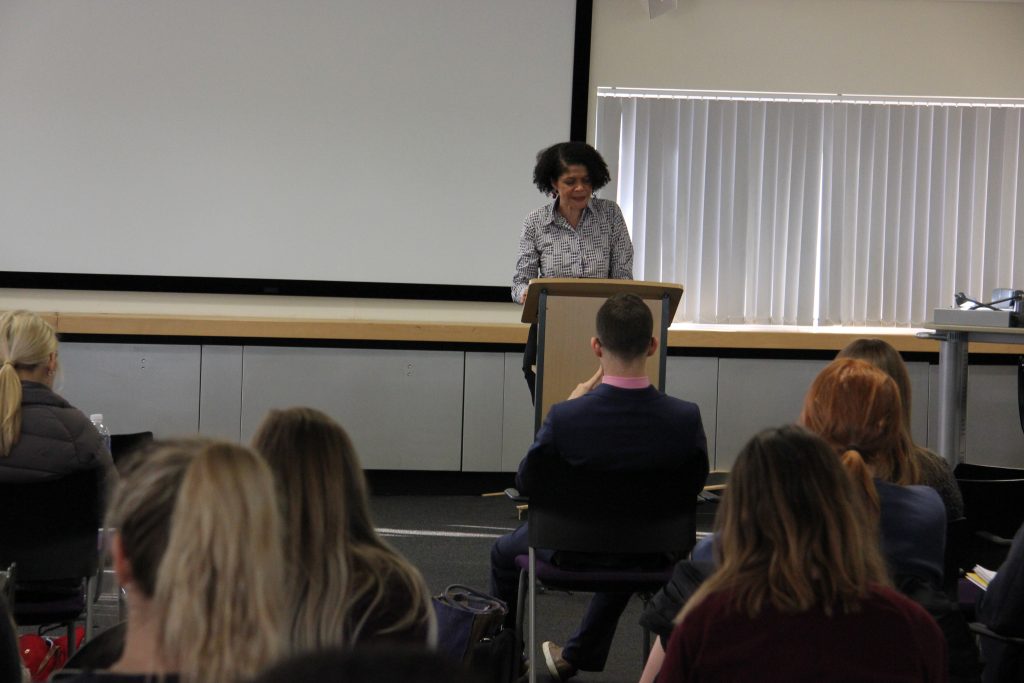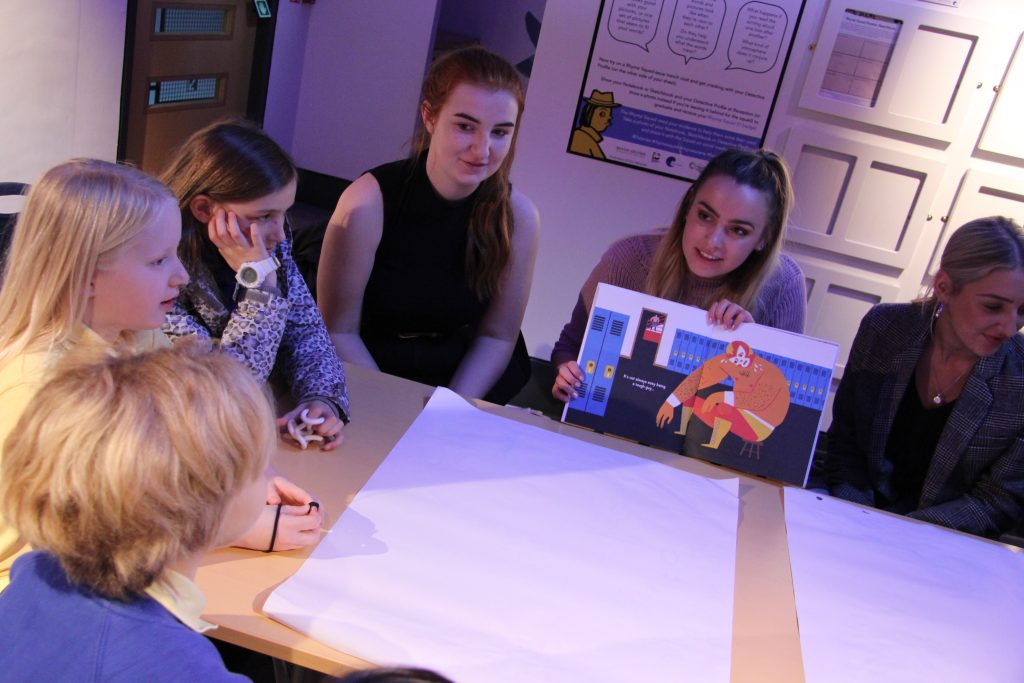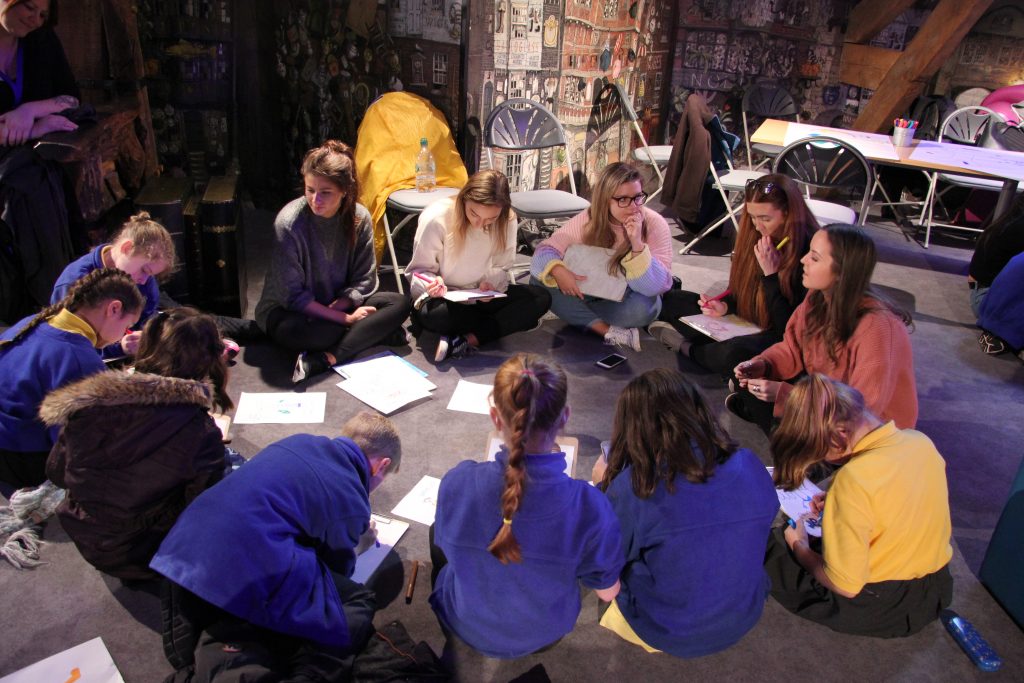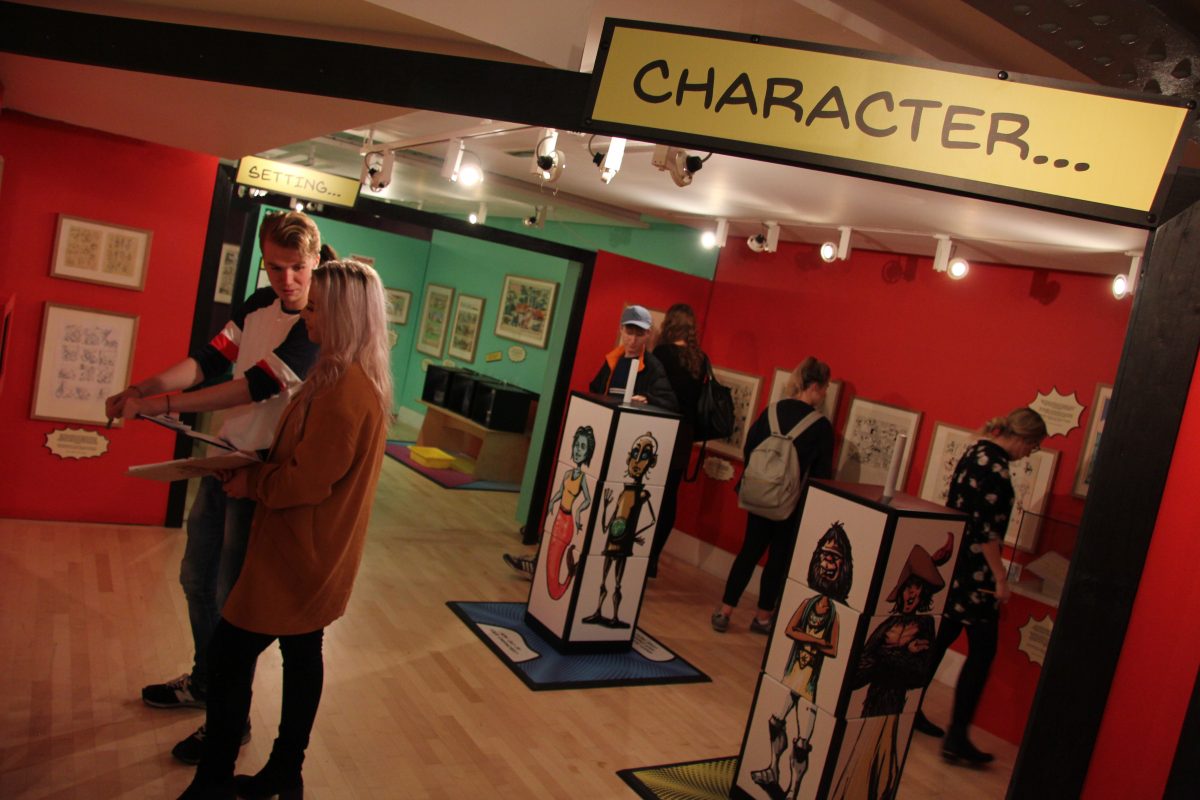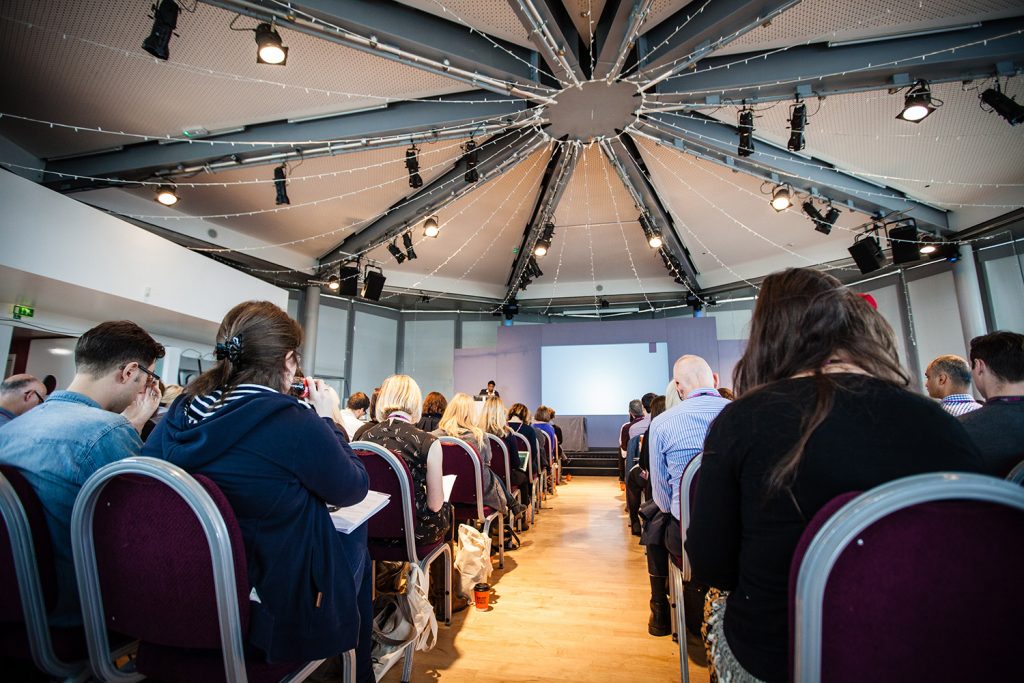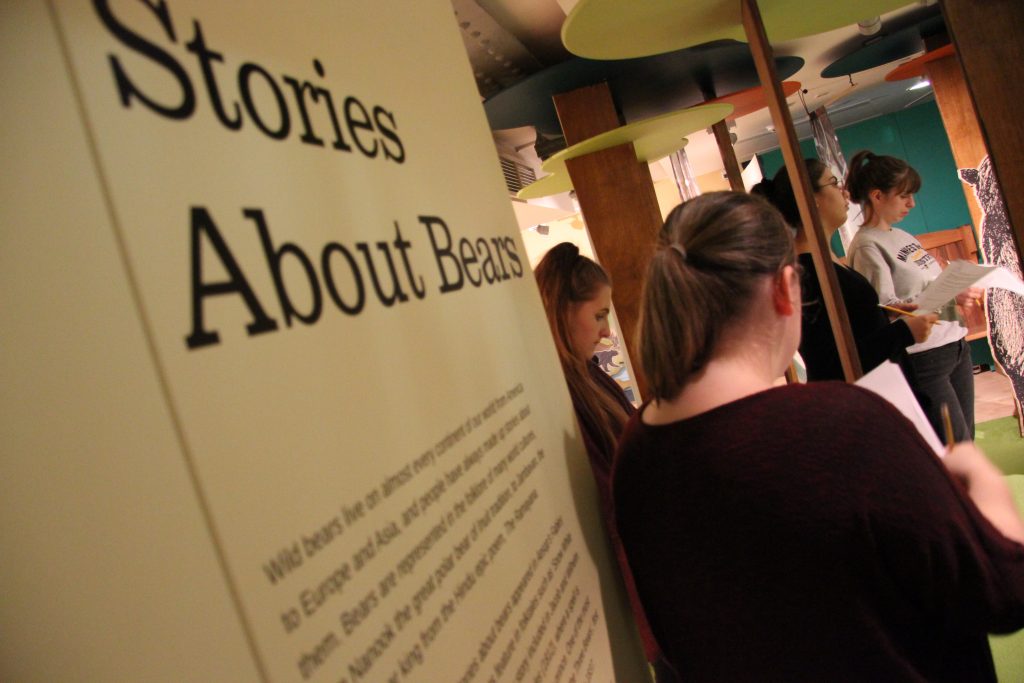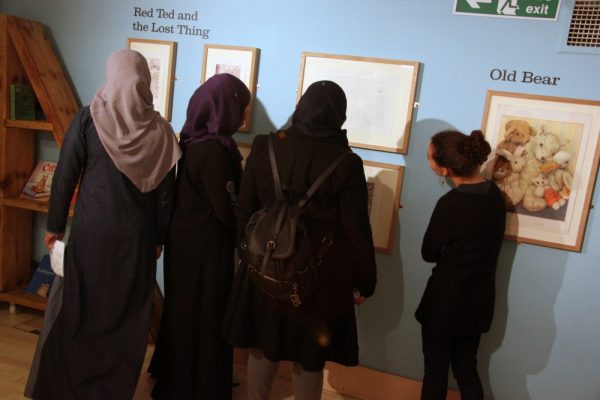Exploring your local heritage is as easy as learning your ABC. In this blog post, find out about an alphabet schools project led by Newcastle University Library’s Outreach team, who collaborated with Historic England, Seven Stories: The National Centre for Children’s Books and the Hatton Gallery…
Inspired by hearing about the ‘A Manchester Alphabet’ project, where 8 primary schools in the North West created their own heritage alphabets, Newcastle University Library led a project with nine classes of Year 5 children, who researched, wrote and illustrated their own alphabet books exploring their local heritage.
Newcastle University’s Special Collections Education Outreach Officer Gillian Johnston led the project, which formed part of Historic England’s Heritage Schools programme, and 240 children from five local schools took part.
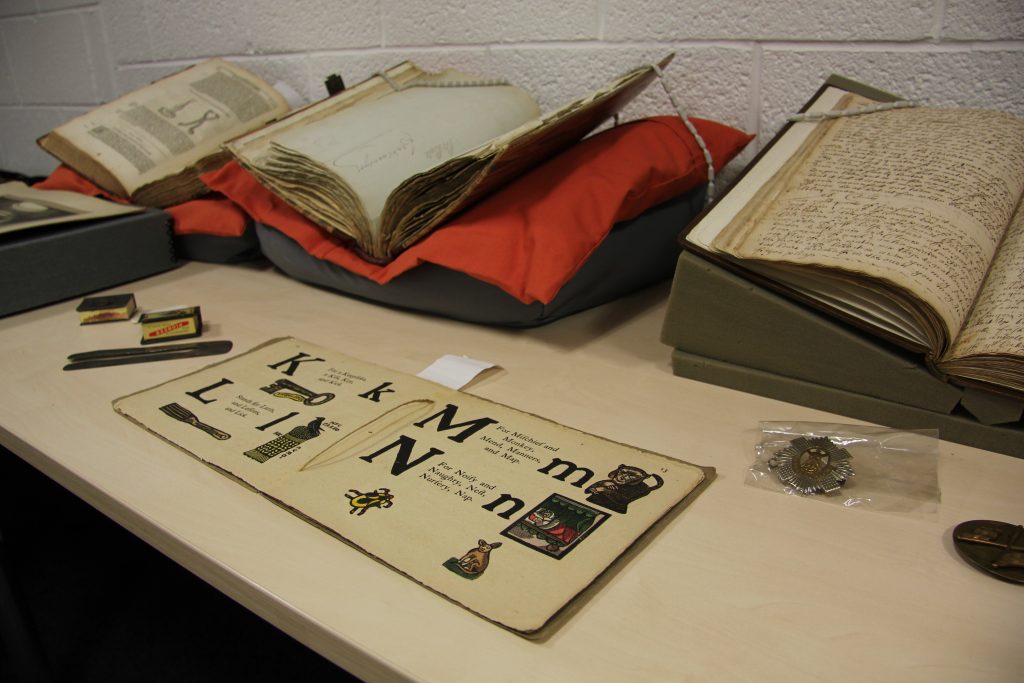
For Gillian, the starting point for the project was Old Aunt Elspa’s ABC, an alphabet book with woodblock printed letters and associated images by Joseph Crawhall II, held in the University’s Special Collections. The University Library also holds early hornbooks, and there are a number of alphabet books within the Booktrust collection.
Gillian got in touch with Paula Wride, Seven Stories’ Collections Officer, to find out about alphabet books in their Collection. Alongside the extensive Pat Garrett ‘ABC books’ collection, Seven Stories hold original archives for books including Judy Brook’s Mrs Noah’s ABC 123, Robert Crowther’s pop-up Most Amazing Hide and Seek Alphabet Book and Beverley Naidoo and Prodeepta Das’ S is for South Africa.
These collections were displayed during a CPD course which was attended by primary school teachers from Barley Mow Primary School, Bridgewater Primary School, Byker Primary School, St John’s Primary School, and Walkergate Community School.
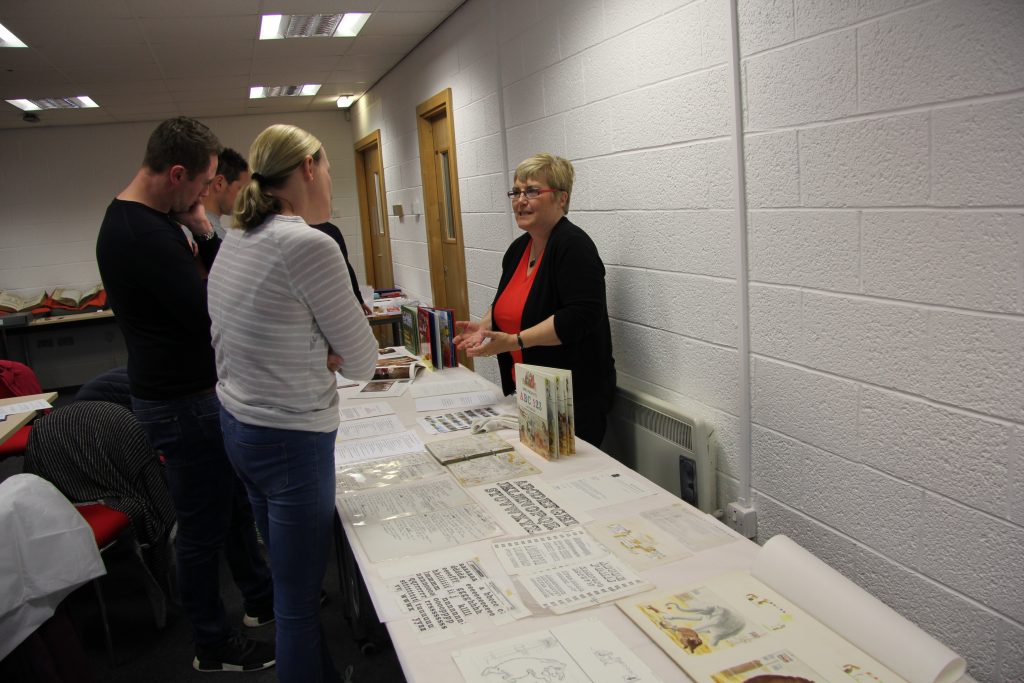
Over the course of the CPD day, the teachers explored the alphabet book collections, and went on a heritage walk around central Newcastle to find out about the history of the area. They explored different artistic techniques for illustrating their alphabets with the Hatton Gallery’s Education team and tried out creative and non-fiction writing styles.
Next, the teachers used this framework and additional support provided in school by the University Library to develop their project, and engaged each class with creating their own heritage alphabets.
Finally, the children’s artwork and writing was professionally collated by Michael Sharp from the University Library’s Special Collections team to make a series of beautiful alphabet books. These were printed by Print Services, Newcastle University and presented to the children in a special assembly in school – along with their Heritage Schools plaque from Historic England!
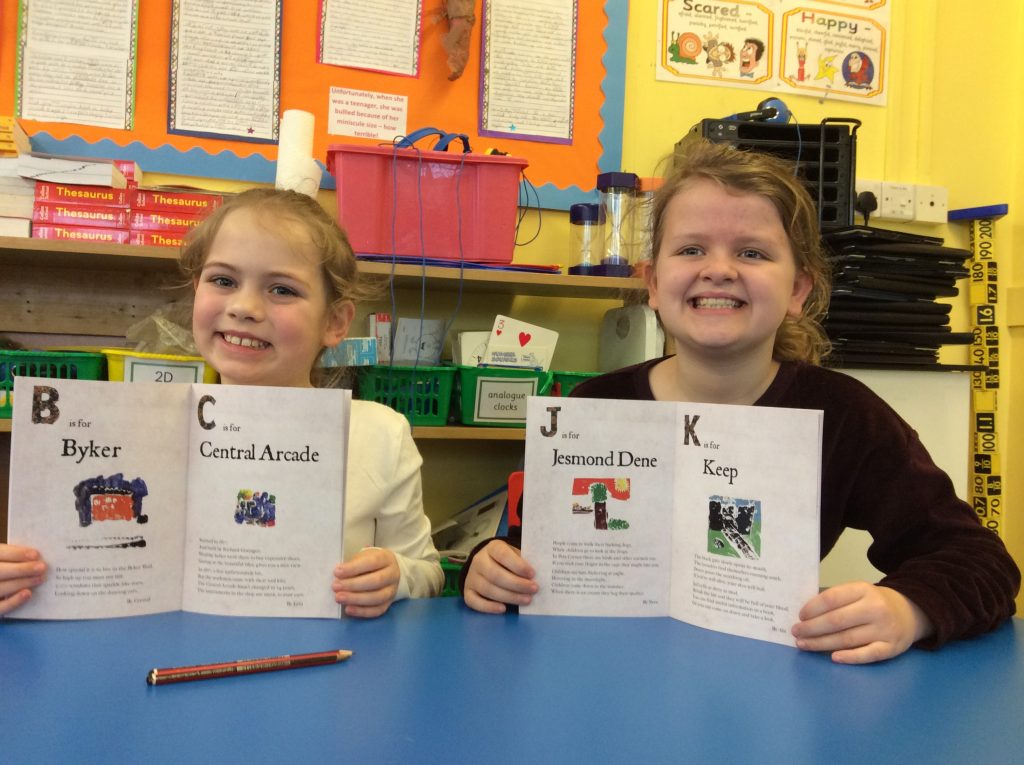
For Gillian: “Working with local primary schools was great for Newcastle University Library. It gave us the chance to raise awareness of our Special Collections amongst local teachers and demonstrate how individual items from our collections can be used to inspire fun and creative educational projects.”
For Paula at Seven Stories: “Creating the digital resource for this project was a real bonus of this collaboration – this is a living resource that has a legacy on our website. We loved highlighting this project to the authors and illustrators whose collections were used.”
And Hazel from the Hatton Gallery agrees: “For the Hatton Gallery, it was a great opportunity to work in collaboration with Newcastle University Library, schools, Historic England and Seven Stories.”
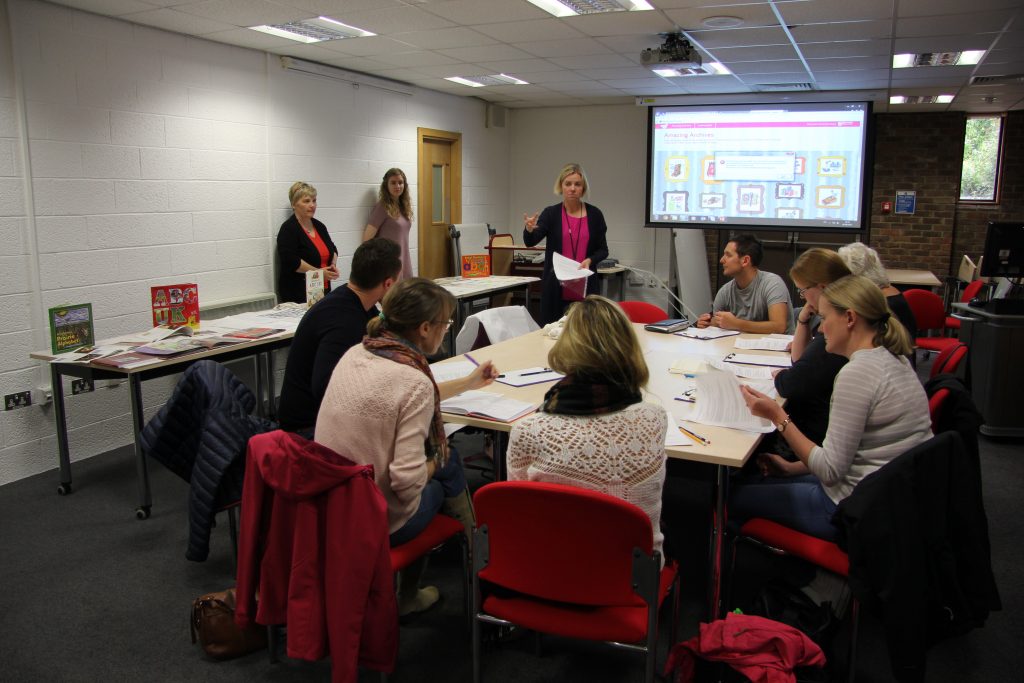
What did the teachers think? One of the teachers who participated said: “We are proud to be a Heritage School. It has given children an amazing sense of pride seeing their book in print. Each child has gained new experiences through heritage walks, walks around the immediate school area, a bridges walk along the Tyne as well as working with the Hatton Gallery artist.”
And the young people loved it too! Students said:
· “Everyone put so much effort in.”
· “It was fun learning new things about the area.”
· “I’ve never had a book with my work in and now I do I’m really proud of myself.”
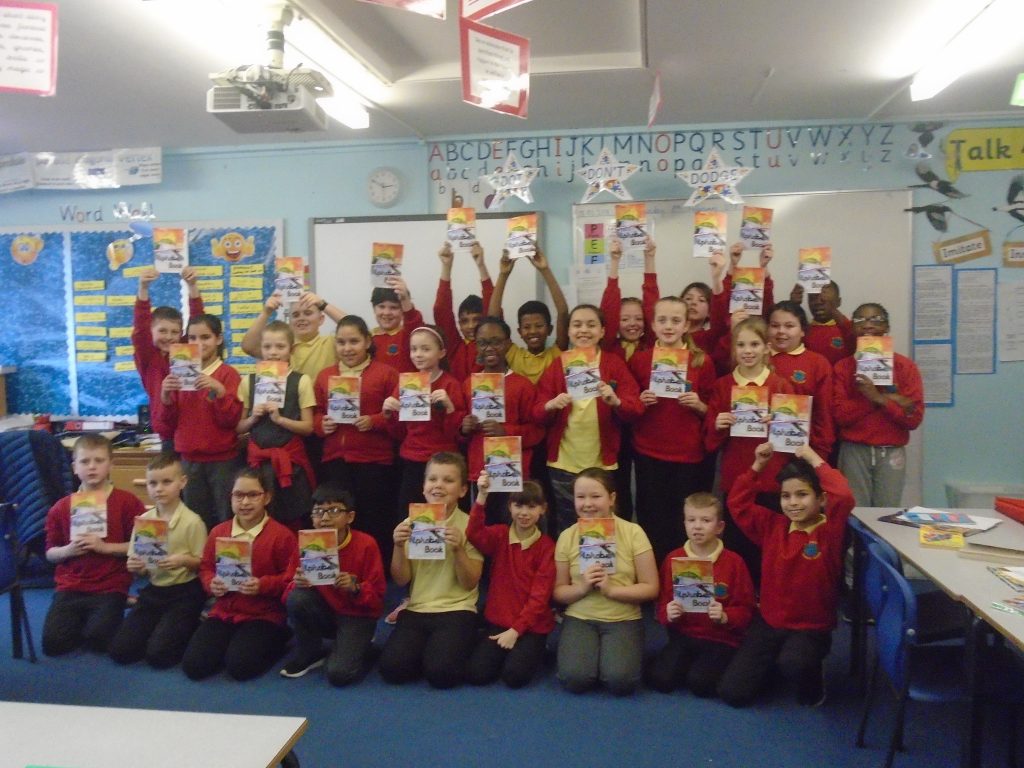
Thanks to the project, there are now an additional 5 Heritage Schools in the North East. Historic England’s Victoria Angel said: “The books are absolutely fantastic – they’re wonderful. It was great to see how inspired the schools’ senior leadership teams were by them! The children really saw that the books reflected their area, and their poetry, artwork, prose, research and independent learning is clearly demonstrated in the books.”
Evaluating the project, we reflected on what an interesting collaboration this has been – and we’re hoping it will lead to additional partnership work in the future. And aren’t the alphabet books that the children created amazing?
Thank you to colleagues at Newcastle University Library, Historic England, the Hatton Gallery and Seven Stories for their contributions to this post.


